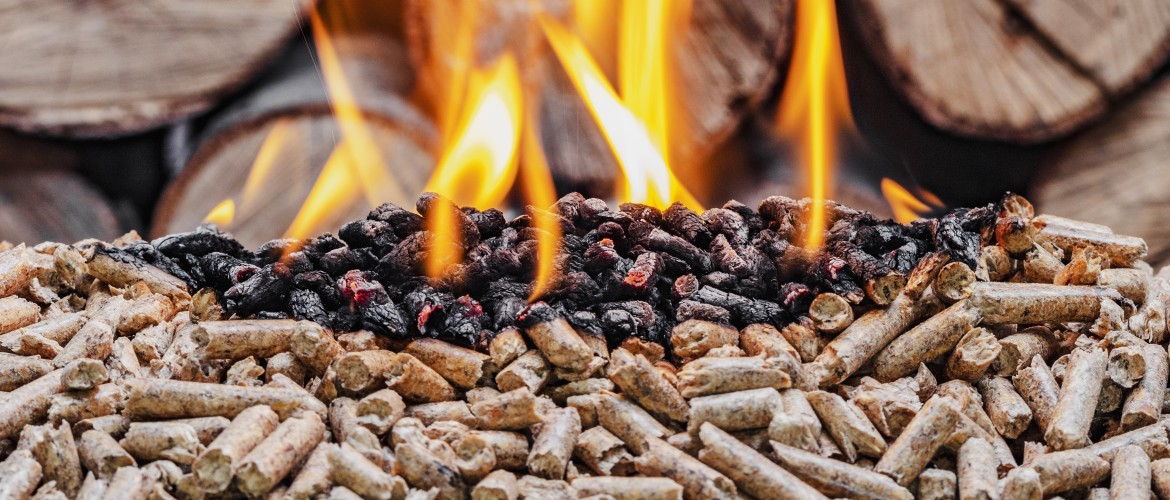Turning waste into heat _ Heat generation from biomass
Composting biomass can produce biogas, which can be fed into a CHP unit to generate heat. This heat can then be used to heat buildings. The town of Biberach would like to use this concept and has opted for a local heating network with the biomass farm in Rißegg as the contractor. The multi-purpose hall, elementary school, kindergarten and village community center in Rißegg as well as the Bischof-Sproll education center in Biberach-Rißegg are to be supplied via this network.
The contractor arranged for the construction of the heating center with CHP and the local heating network with two heat transfer points. A buffer storage tank was also integrated into the network to store heat when demand is low. The measurement, control and regulation technology was adapted for energy-efficient use.
The town of Biberach can already save around 30 percent of the energy costs for its properties before using the local heating network. The buildings are so close together that there are only very low transmission losses. The electricity generated by the CHP plant is fed directly into the public grid by the operator of the biomass farm.
Technical data
Contracting model: Energy supply contracting (ELC)
Investment: 500,000 euros
Term: 20 years
Energy costs before refurbishment: 62,000 euros/year
Energy cost savings: 18,800 euros/year
Calculated carbon dioxide savings: 313 tons of CO2/year
More information:
KEA Klimaschutz- und Energieagentur Baden-Württemberg GmbH: Best Practice | Contracting (kea-bw.de)



